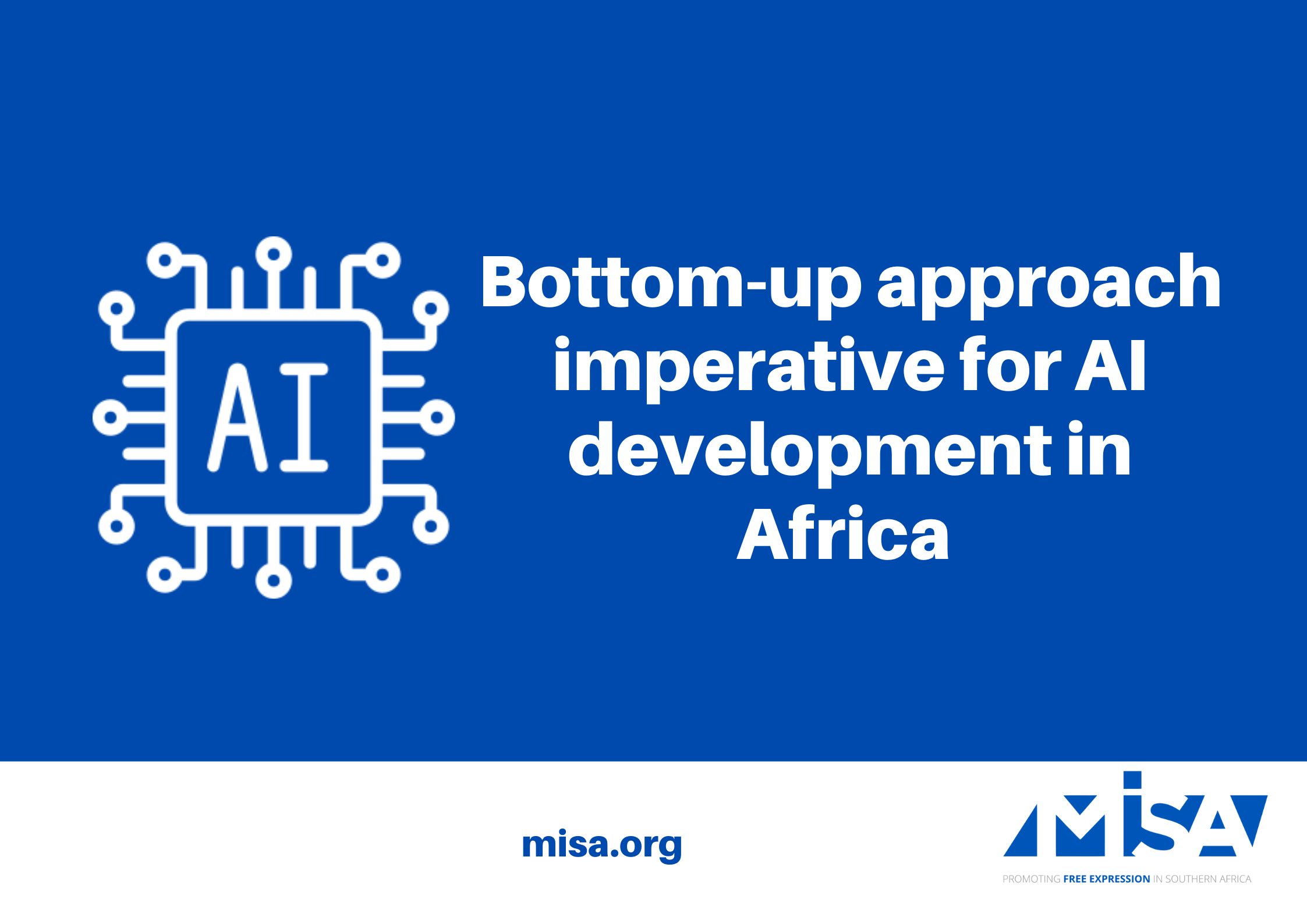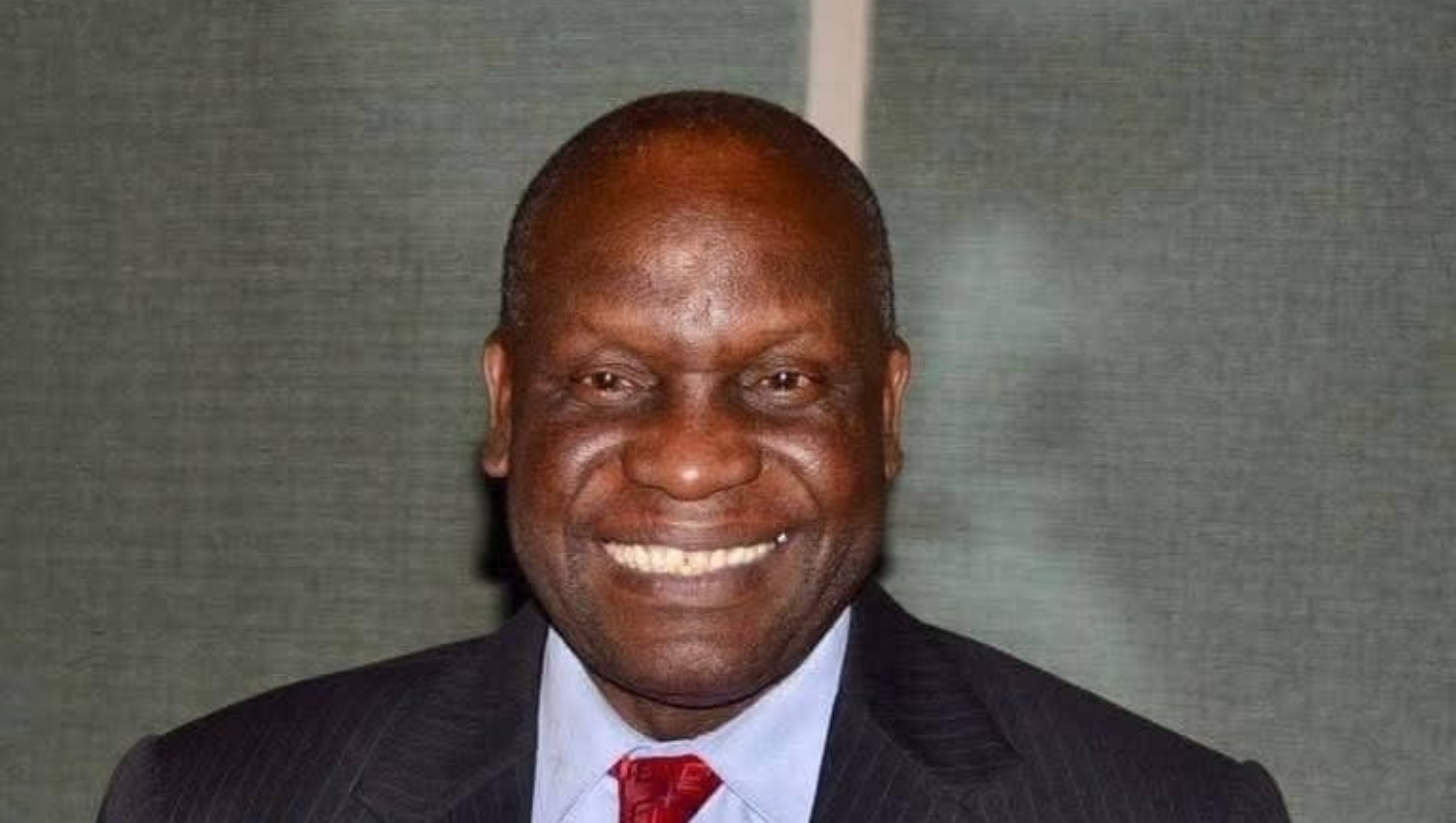MISA Regional Director Dr Tabani Moyo has called for the prioritisation of bottom-up processes to shape the African Union (AU) Artificial Intelligence (AI) blueprint titled: Continental Artificial Intelligence Strategy: Harnessing AI for Africa’s Development and Prosperity’s uptake and diffusion across the continent.
Dr Moyo was speaking at the OECD-Africa Union meeting on 19 November 2024, in Cairo, Egypt.
“MISA is a thought leader and expertise institution. We researched the State of the AI Policy Regulation Framework in Southern Africa year-long.
“Our observations and outcomes show a need for structured linkages between the African Union, its Regional Economic Communities (RECs) and the member states if the AI continental blueprint is to gain traction and ownership at the member states level.
“This is mainly because the member states see the RECs as their immediate reality compared to the continental body, which makes the blueprint more abstract if there is no mechanism for structuring pathways and runways with the regional blogs to inform the context at national levels.”
He highlighted the need for a three-level set of consistent documents at continental, regional, and national levels.
These documents would comprise: an AI Strategy, which outlines the vision and strategic priorities, the implementation framework, and the policy framework.
This approach presents a cohesive process of holistically mobilising the strategic capabilities rather than the current rush to the bottom by different member states, which leaves an assortment of gaps in dealing with the fast-paced technology revolutionising our existence.
Speaking on the impact of AI on the media and the quest to position the media as a trusted source of verified news and information, Dr Moyo said the African Union’s Agenda 2063 locates the media as one of the strategic stakeholders in achieving the long-term objectives.
“At MISA, firstly, we appreciate the AU approach to dealing with issues of that magnitude through the collective as the strategic and correct one as it leverages the collective voice and scale for negotiation on the table.
“Secondly, the AU considers the media to be a strategic stakeholder in attaining its affirmations, as articulated in the continental body’s vision 2063. There is, therefore, a need to appreciate the need for capacity building to mediate this fast-changing and complex environment.”
In an AI-driven media landscape, maintaining media integrity and information authenticity requires careful consideration of several factors, notably:
- Content analysis: using AI natural language processing to detect fake, altered or manipulated content.
- Source verification: Using AI fact-checking technologies to validate sources and detect biases or misinformation.
- Transparency: Watermarking or clearly labelling AI-generated content and disclosing the algorithms used to develop it.
- Accountability: Creating explicit norms and laws for AI-generated material and holding creators accountable for errors.
- Media literacy: empowering citizens to detect AI-generated content, detect deepfakes and recognise potential disinformation.
Dr Moyo was one of the 32 members who formed the global committee established by
Reporters Without Borders that worked on the Paris Charter on AI and Journalism, published on November 10, 2023. The committee was chaired by journalist Maria Ressa, the 2021 Nobel Peace Prize winner.
At the Global Dialogue 2.0 in Egypt, Dr Moyo was part of a seven–member panel discussion on AI in Africa: From Strategy to Implementation.
The panel comprised Amanda Strydom, Senior Programme Manager, Code for Africa; Dr Jacques Ludik, Founder and CEO and Executive Chairman, Cortex AI Group, Bluefin Gold Group; Nyalleng Moorosi, Senior Researcher, Distributed AI Research Institute (DAIR); Florence Nakazibwe, Senior Legal Advisor for Africa, International Center for Not-for-Profit Law.
The other panellist was Professor Nagla Rizk, Professor of Economics and Founding Director of the Access to Knowledge for Development Center (A2K4D)
The panel brought together voices from industry, academia, and civil society to highlight concrete examples on how AI can advance Africa’s sustainable development goals and be a powerful catalyst for addressing continental challenges while safeguarding African values.
The inaugural dialogue pertaining to the same was held in Paris, France, in March 2024.









